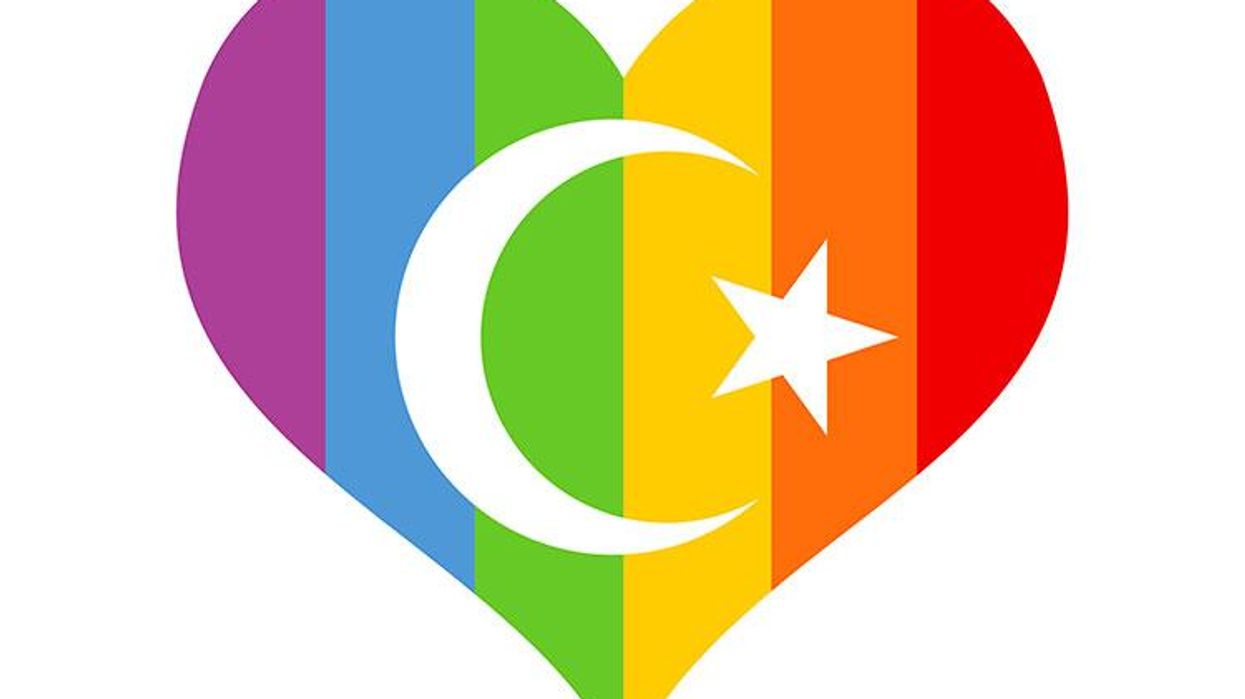Across the nation and around the globe, fears rose as October 18 approached. President Trump's Muslim travel ban was scheduled to go into effect. The ban would bar people from six majority Muslim countries -- Iran, Libya, Yemen, Syria, Somalia, and Chad, as well as from Venezuela and North Korea, from entering the United States and delay all refugee entries. LGBT people are particularly defenseless in each of these targeted nations -- six of which formally criminalize homosexuality through their penal codes.
Only an injunction by the U.S. court could halt its enforcement. And that is precisely what happened.
Just one day before the ban was to go into effect, U.S. District Judge Derrick K. Watson in Hawaii blocked the Trump administration from implementing the latest version (the third) of the "anti-Muslim" travel ban. As reported by the Washington Post, "in a 40-page decision granting the state of Hawaii's request for a temporary restraining order nationwide, Watson wrote that the latest ban "suffers from precisely the same maladies as its predecessor.... [And that the executive order] plainly discriminates based on nationality" in a way that is opposed to federal law and "the founding principles of this Nation."
For the moment, LGBT and other travelers from six of the eight named nations are not is risk of being banned from entering the United States. Of the eight designated nations, Venezuela and North Korea were exempted from the injunction.
Expectedly, the Trump administration immediately announced its intention to appeal the ruling. The National Queer Asian Pacific Islander Alliance will continue to wage its national campaign against the ban.
LGBT status in the eight designated travel banned countries matters. Iran and Yemen impose long imprisonments and/or the death penalty for homosexuality. Syria, Libya, and Somalia call for prison terms of three months to five years for a range of so-called offenses. Chad recently enshrined anti-LGBT discrimination into its penal code.
In these five countries a person perceived to be homosexual, may be accused (and found guilty of) committing unnatural acts, conducting or promoting same- sex relationships, homosexual acts, sodomy, buggery, lewd acts, loitering and promoting propaganda. They may be found guilty of violating obscenity or morality laws.
While neither North Korea nor Venezuela cite homosexual behavior in their penal codes, Argentina reportedly ranks as the nation with the fourth highest rate of murders of transgender persons in the world, with over 110 such murders reported in less than a decade. North Korea, boasting modesty in all matters sexual, claims to simply not have any homosexuals at all.
Not one of these eight countries carries civil rights or legal protections of any kind for LGBT people in local or national legislation. Clearly LGBT persons seeking refuge from these countries in the U.S. face life-threatening circumstances in their native lands and, at the very least, unbearable living conditions.
We believe it is time for the Trump administration to let go of the illegal and ill-fated Muslim ban and cease the pursuit of further appeals. Federal resources and taxpayer monies should not be further expended in this useless endeavor. Many believe the anti-Muslim ban is discriminatory, and that it unfairly adds injury and burden to LGBT and others people at risk. This is brought out in stories collected by the NQAPIA. The voices of queer Muslims lend truth to power as they relate their experience demonstrating the unfairness and lack of necessity for the travel ban:
Maya Japer, transgender Indian Muslim immigrant, who shows that extensive security measures and vetting are already in place.
Sal Salam, gender-nonconforming Bangladeshi Muslim, who felt harassed and separated from their husband upon re-entering the U.S. Video:
Sahar Shafqat, gender-nonconforming Pakistani Muslim, who was harassed by the TSA.
Alina Bee, a South Asian whose ethnic dress was invasively searched by the TSA.
Joyti Chand, non-Muslim South Asian, whose apartment was broken into by LAPD.
The NQAPIA has led a national campaign in the LGBT community protesting the ban. We have submitted an LGBT amicus brief in the legal challenges in court, organized a national series of awareness-building actions in seven cities, and continue to tell the stories of LGBT Muslims in America. We will continue to fight the Muslim travel ban as long as necessary.
GLENN MAGPANTAY is the executive director of the National Queer Asian Pacific Islander Alliance (NQAPIA), a nationwide federation of LGBT Asian American, South Asian, Southeast Asian, and Pacific Islander (API) organizations. We seek to build the organizational capacity of local LGBT API groups, develop leadership, and expand collaborations to better challenges anti-LGBT bias and racism.




































































Charlie Kirk DID say stoning gay people was the 'perfect law' — and these other heinous quotes